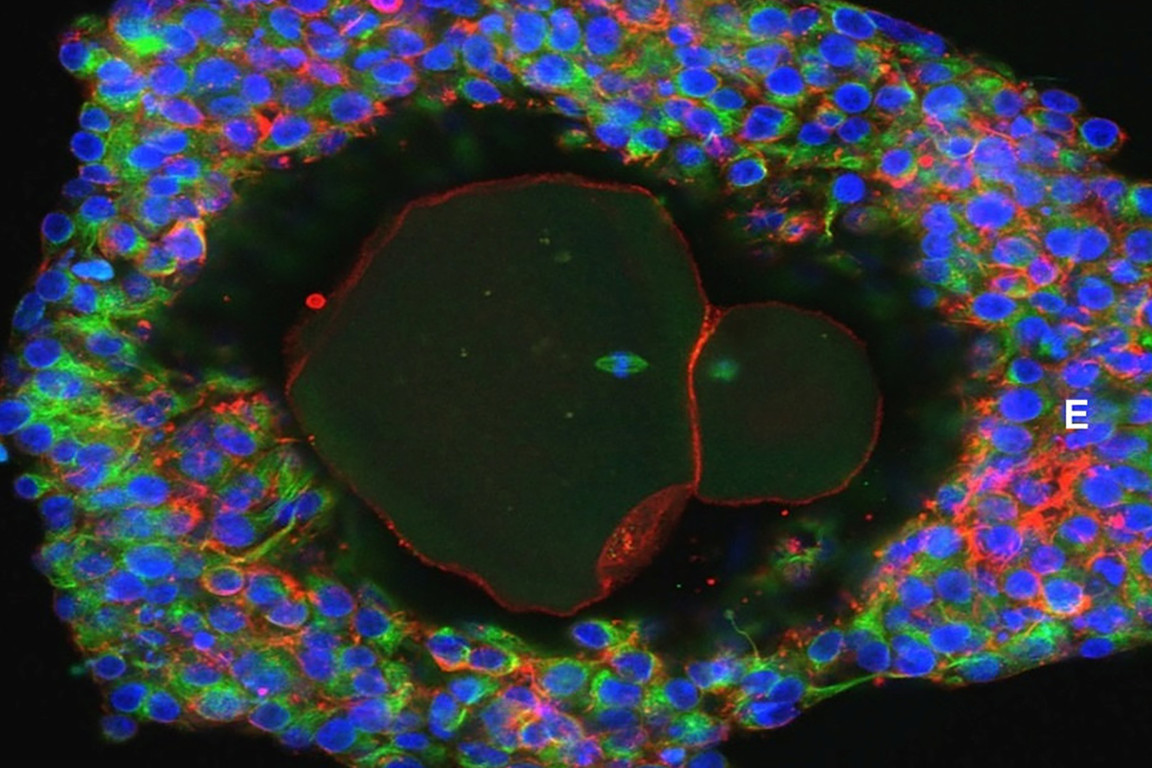
Now Human Eggs Can Be Grown In A Lab
by Yash Saboo February 13 2018, 6:23 pm Estimated Reading Time: 2 mins, 57 secsIn a first of its kind study, scientists from the United States and the United Kingdom have revealed that they were able to grow human eggs in a lab. Their achievement is phenomenal and could someday lead to new fertility treatments.
According to the study, published last week in the journal Molecular Human Reproduction, the eggs were developed from an early stage in ovarian tissue to a mature stage in which they could have been ready for fertilization.
“This could change fertility treatment as we know it,” says Mindy Christianson, a fertility expert at Johns Hopkins University.
So how does this work?

Source :New York Post
We often say that women are born with all the eggs they will ever have—about a million of them—but those eggs aren’t ready to be fertilized. Instead, each egg starts out as a tiny precursor cell that must go through a complex, multi-stage growth process before it can be fertilized. That’s the process that researchers have now coaxed from eggs in the lab.
Normally, eggs develop one by one in the ovaries’ follicles and take several months to mature. Each month at ovulation, one fully-grown egg is released from its follicle.
Today, before eggs can be harvested from a woman’s ovaries—whether for in-vitro fertilization or to freeze for later use—the eggs must first be brought to full maturity so that they’re ready to be fertilized. That means they have to go through hormone treatments to stimulate the maturation process in the ovaries.
The new process would allow ovarian tissue to be harvested directly, and eggs could be matured later in the lab.
In India, about 45 percent of couples face infertility problems as it is not only limited to women, the most common problems men face are low sperm count, morphology abnormalities and low motility of sperm. The problem of infertility has widened its reach that has impacted men, due to urban settings and surfacing in Tier 2 and Tier 3 cities too. Increasing infertility rates are based on the lifestyle changes resulting in stress and obesity caused by lack of physical exercise, changes in eating habits and pollution accompanied by medical disorders like diabetes.
The WHO has called infertility a "global public health issue" and has calculated that more than 10% of women around the world are affected. For the new study, tissue samples were collected from the ovaries of 10 women who were undergoing elective caesarean sections.
"All tissue came from women within a similar age range and at the end of pregnancy," the researchers wrote in the study.
Then, 48 early-stage eggs were isolated from the follicles of the ovarian tissue fragments. They were cultured in a lab, and nine reached the final stages of development, according to the study.
"It suggests that we may be able to grow eggs from the ovarian tissue, all the way from early stages to later development stages, ready for fertilization by sperm; and that this process could be achieved outside of the human body," said Dr. Ali Abbara, a senior clinical lecturer from London.
"However, the technology remains at an early stage, and much more work is needed to make sure that the technique is safe and optimized before we ascertain whether these eggs remain normal during the process, and can be fertilized to form embryos that could lead to healthy babies," he said. "Still, this early data suggests that this may well be feasible in the future."




-173X130.jpg)
-173X130.jpg)
-173X130.jpg)
-173X130.jpg)
-173X130.jpg)
-173X130.jpg)
-173X130.jpg)
-173X130.jpg)